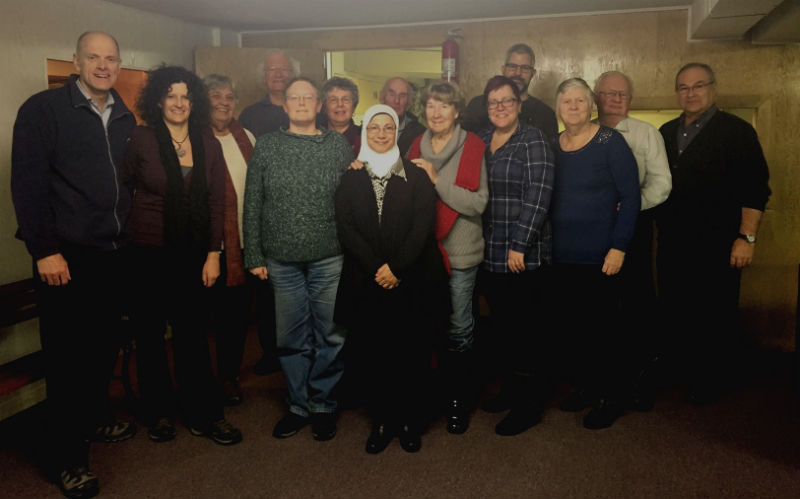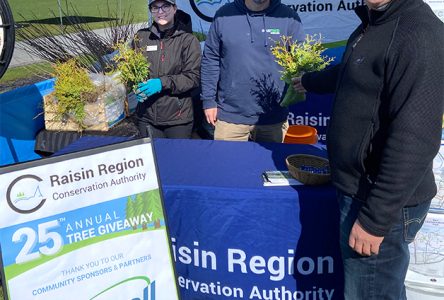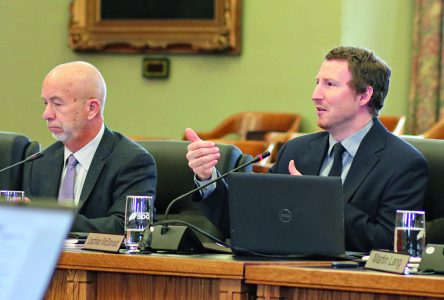CORNWALL, Ontario – In hopes of providing a better tomorrow for one refugee family, the North Stormont Refugees Coalition continues to raise funds for the family’s resettlement process. With paperwork now in order, another $15,000 is needed to complete the proceedings.
The Almunif family were bombed out of their village of Diraa, Syria and fled to the Lebanese village of Aroon in 2011. The family have since been living in a garage just below the Bekaa Valley on the Syrian border.
Finch resident, Daad Elsaadi played a critical role in targeting the Almunif family for resettlement. While Elsaadi was finishing her studies in Lebanon, she approached one of her professors about families who would be well-suited for sponsorship. The father, who worked as a custodian at the college, and his family came highly recommended by the institution.
“Because we had that contact, we could get the lines of communication open right away and move forward with the forms much more quickly,” said group chair, Janice Wright. “The most difficult part of the entire process is the government forms. Identifying the family is the easy part – the Canadian government really puts the onus the group to choose a family.”
North Stormont hopes to welcome the Almunif family in the fall of 2017, but Wright says she expects a lengthier process.
“It’s a long, slow process,” said Wright. “From what we’ve been told, once the paperwork is submitted, the absolute minimum, best-case-scenario is eight months.”
Wright says what’s most frustrating about the paperwork is that it is not geared toward rural communities. Sponsors are required to submit a settlement plan, outlining budgetary needs like rent, hydro, and public transportation.
“What becomes problematic is that rural areas don’t have public transportation,” said Wright. “So, we have to factor in things like purchasing a car, getting drivers licences, paying for insurance, and gas. Those things don’t fit in a form that assumes that everyone’s going to be settled in a city that has public transportation.”
Transportation is likely to be the biggest hurdle that the group will face once the family arrives, and Wright says although the community has been extremely supportive in offering to assist with driving in the first months, they are conscious that the commitment to the family is one year.
In continuing with the group’s effort to raise funds, they will be hosting a traditional Lebanese 7-course-dinner, which Elsaadi and her family will be catering, already expected to draw two hundred guests.
“Two hundred people is a lot,” said Elsaadi. “But if we can help a family in need, why wouldn’t we?”


